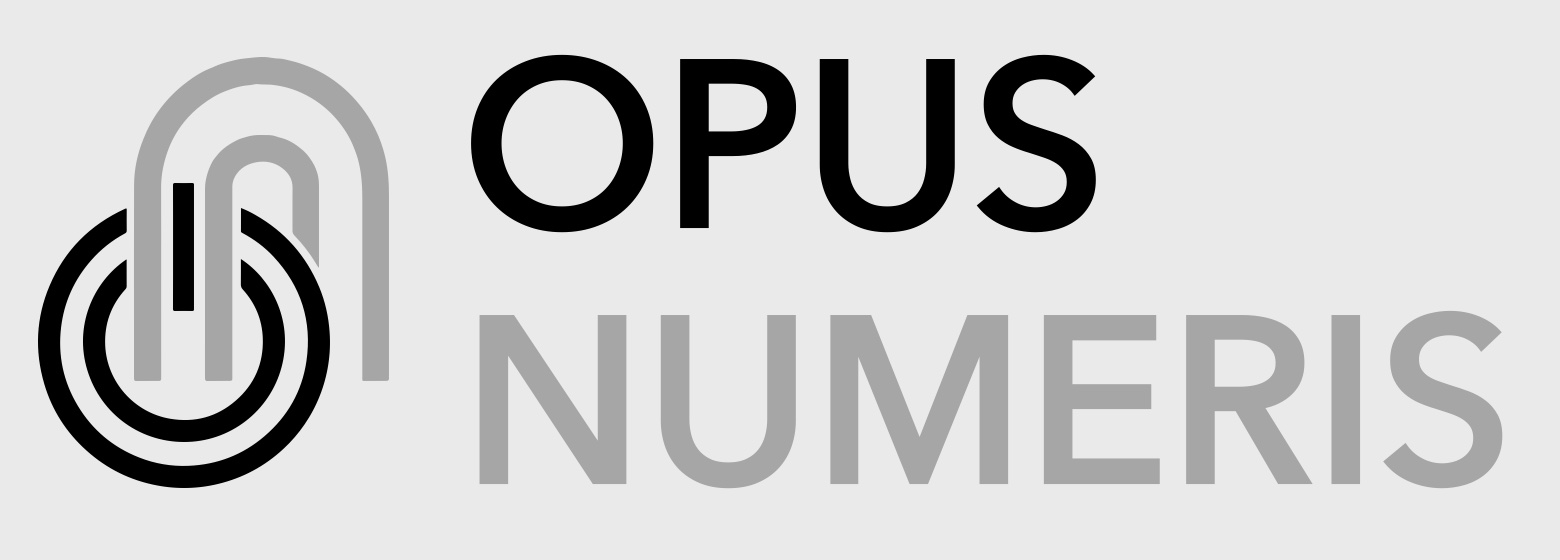We define Data Governance as a decision-making system (including responsibilities, rules, methods and tools) allowing authority and control over the management of information in an organization. Data Governance therefore relies on capabilities – processes, people and tools – that contribute to improving the ability to make the right decisions regarding the management of data and its valuation through usages. This expert topic, covered by an abundant, detailed and complex theory (DAMA DMBOK, DGI Framework, CMMI, MIKE2.0, TOGAF…) proves hard to address for companies while avoiding typical biases such as bureaucracy (“We don’t need all this complexity, we need results”), areas of responsibilities (“Data Governance is an IT problematic not a business stake”), or strategic divergence (“Data Governance slows down our initiatives and fails to deliver graspable improvements”). We have heard comments similar as those quoted above in many organizations we worked with. We believe most of these issues could be solved when tackling the discipline from the right angle.
We made data governance simple, straight-to-the-point
Organizations want results, in the area of Data Governance like others. They want to work on the adoption of ready-to-use tools and methods, and want to follow visionary yet pragmatic improvement roadmaps. This is why we decided to create an actionable methodological framework for data governance, with one main objective in mind: usability. We studied state-of-the-art theory on the question and kept only the essence. We designed tools and approaches and tested them on the field to make sure they worked. We validated, with clients, that the implementation of our framework contributed to building specific capabilities (a long-term goal) while addressing shorter-term business goals. For instance, we would work on the definition and diffusion of data definitions (semantic, standards & norms, metadata, information lifecycle, ownership and responsibilities, etc.) while building with them the first bricks of the tool they would then use to manage their reference data. We would document their existing data models and work on the solutions to normalize them in order to be able to meet future regulatory requirements…
In the end, the Data Governance framework that we bring to our clients allows them to quickly audit their data governance capabilities (confirm their strengths and weaknesses) but above all facilitates the elaboration of corrective actions and improvement roadmaps.
Our framework is a starting point for inspiration, a reading grid of key data management capabilities, a toolbox of tools that have been used operationally and that can be reused – as-is or customized based on specific needs, that addresses technical and functional problematics as well as vision, strategy, skills and culture.
